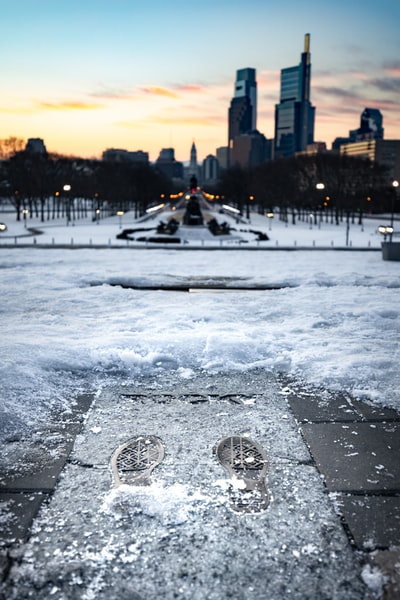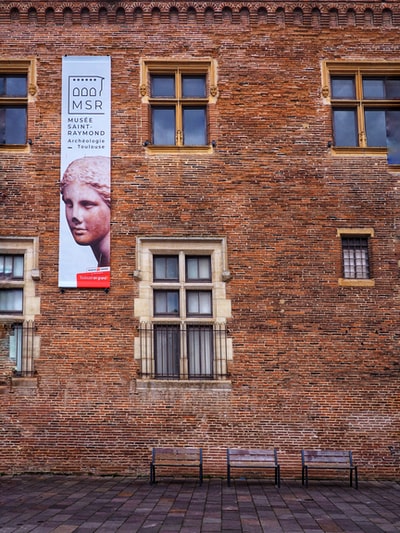The Final Failures of Communism

* The Victory of Solidarity in Poland: the declaration of martial law in 1981 neither failed to stop support for Solidarity nor brought in an era of improved economic fortunes for Poland. By 1988, the government couldn’t keep a lid on the opposition any more, and after another wave of protests entered in to talks with Solidarity. These ended with an agreement to hold elections to a newly-created Senate. Solidarity romped home to victory in the elections, humiliating the Communists and demonstrating the depth of their unpopularity.
* Hungary: followed hot on Poland’s heels. Here, the Communist Party had more of a sense that the odds were stacked against them. In January 1989, a package of reforms was introduced, which brought in laws allowing individuals to form political parties and express themselves freely, and also paved the way for free elections. The regime even admitted that the 1956 uprising had in fact been a popular movement, and not the product of troublesome right-wing foreigners, as it had claimed ever since 1956.
The Fall of the Berlin Wall

One of the key things Honecker had been trying to stop was East Germans leaving the country. This had become almost impossible after the collapse of communism in Hungary and Poland, and on 9th November border controls collapsed, and East Germans were able to go freely into West Germany for the first time in decades. Joyous crowds climbing over or knocking down the Berlin Wall – actions that would have led to them being shot on the spot just a few days before – came to be seen as the symbolic moment that the Cold War was over.